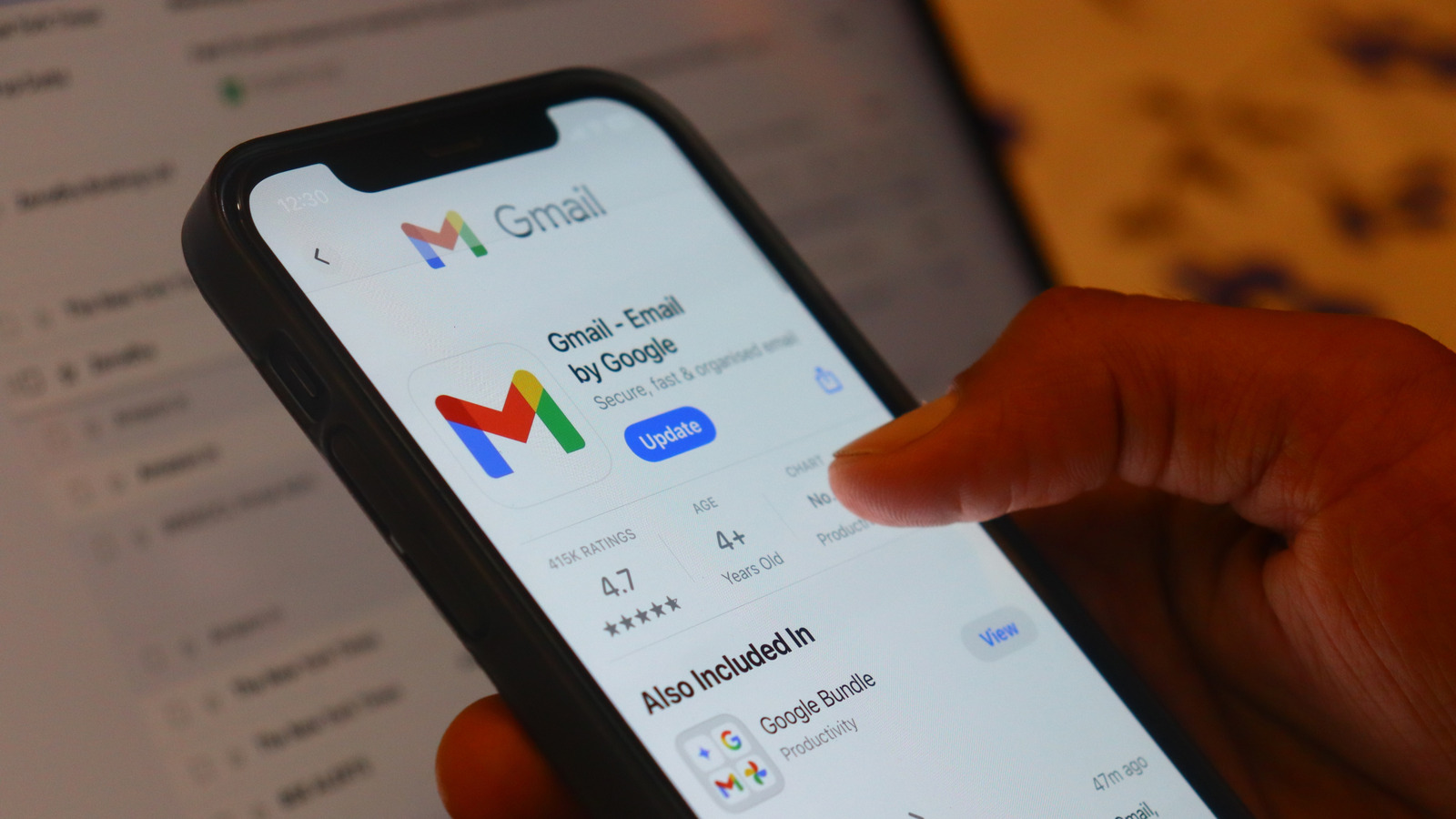A third of UK employers are using “bossware” technology to track workers’ activity with the most common methods including monitoring emails and web browsing.
Private companies are most likely to deploy in-work surveillance and one in seven employers are recording or reviewing screen activity, according to a UK-wide survey that estimates the extent of office snooping.
The findings, shared with the Guardian by the Chartered Management Institute (CMI), are based on responses from hundreds of UK managers and suggest there has been a recent growth in computerised work surveillance.
In 2023, less than a fifth of people thought they were being monitored by an employer, the Information Commissioner’s Office (ICO) found. The finding that about a third of managers report their organisations are monitoring workers’ online activities on employer-owned devices is probably an underestimate, as roughly the same proportion said they don’t know what tracking their organisations do.
Many monitoring systems are aimed at preventing insider threats and safeguarding sensitive information as well as detecting productivity dips. But the trend appears to be causing unease. A large minority of managers are opposed to the practice, saying it undermines trust with staff and invades their personal privacy, the CMI found.
One manager at an insurance company, which is developing AI systems to monitor staff screen activity to track performance, said it was “unsettling”.
“Do they not trust their employees to do their jobs and are they looking to replace them with AI?” they said.
One provider of employee monitoring offers to report on workers’ “idle time”, “employee productivity tracking” and use of unapproved AI or social media as well as “real-time insights into employee behaviour, including screenshots, screen recordings, keystrokes, and app usage”.
In response to the findings, the ICO said bosses “must make their employees aware of the nature, extent and reasons for monitoring”, and said excessive monitoring “can undermine people’s privacy especially if they are working from home”. It warned it will “take action if necessary”.
Last year, the ICO stopped the outsourcing company Serco from using facial recognition technology and fingerprint scanning to monitor the attendance of staff at a chain of leisure centres.
Monitoring often amounts to checks that inappropriate content is not being accessed, the CMI said. But it warned, “there’s a longer-term impact if you are feeling this is big brother-like and you are being watched”.
“If it is being used, it is incredibly important employers are open, otherwise that’s going to cause significant problems in terms of data privacy and protection,” said Petra Wilton, CMI director of policy and external affairs.
Other recent examples of surveillance technology at work include plans by HSBC to install a large numbers of security cameras – 1,754 by one estimate – and biometric readers which use handprints as one way to access areas in its new London headquarters.
after newsletter promotion
The accountancy firm PwC recently introduced a “traffic light” system using data from pass swipes and wifi connections to check staff are meeting a mandate to attend the office at least three days a week. A spokesperson for PwC said this was “accepted by the vast majority of our people”.
A former senior worker at a public transport authority, who asked not to be named, called the monitoring they faced, including of their online diary, “intrusive and downright harassment”.
“It started with surveillance and it ended with me leaving because I was so infuriated,” they said. One in six managers also told the CMI researchers they would consider looking for a new job if their organisation started monitoring employees’ online activities on work devices.
Among managers who knew their organisations carried out surveillance, 35% were monitoring emails. Overall, tracking log in and log off times and system access were the most popular form of surveillance.
The study found that 53% of managers supported monitoring of employees’ online activities on employer-owned devices, but 42% opposed it, mostly because it undermines trust but also because they believe it does not improve performance and can be misused or lead to unfair judgments or disciplinary actions.










